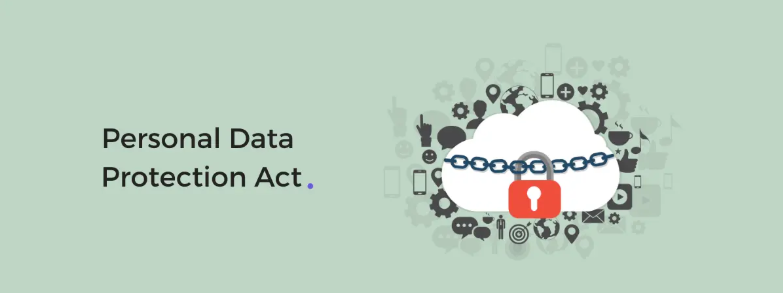
Since the Personal Data Protection Act (PDPA) came into force, businesses are now required to obtain their customers’ deemed consent PDPA before collecting, using and/or disclosing their personal data.
This article will summarise the main requirements in order for your business to remain compliant with this obligation.
Personal data means any information about a customer that is likely to allow you to identify that customer. If your business wants to collect, use and/or disclose such information, you need your customers’ deemed consent PDPA to do so.
The safest way is to ask for it by having the customer sign or otherwise acknowledge a notice giving you deemed consent PDPA to collect, use and/or disclose their data for a particular purpose.
If you routinely collect data from customers via an online or physical form, it should contain a notice stating that by submitting the form, the customer deemed consent PDPA to the collection, use and/or disclosure of his personal data for whatever specific purpose the completion of the form has.
The deemed consent PDPA given is limited to the collection, use and/or disclosure of the personal data only for the purposes stated in the notice.
Also read: 7 Client Data Protection Tips to Keep Customers Safe
You cannot insist that customers provide you with their personal data and allow you to collect, use or disclose it for any purpose other than as necessary to provide them with the product or service they are purchasing.
Nor can you refuse to provide the product or service to customers if they do not give their deemed consent PDPA for such additional uses.
For example, if your business is an online hat shop selling hats for home delivery, you can insist that your customers provide you with their delivery address, and refuse to sell them a hat if they don’t, but only for the purpose of processing their payment and delivering the hat to their address.
You cannot insist that they also provide their email address and telephone number so that you can contact them with hat-related promotional information and refuse to sell them a hat if they withhold their consent for the use of their personal data in this way.
The implications of this law on your online form is that you can include a line saying, for example:
“By clicking SUBMIT, you agree to our collection, use and/or disclosure of your personal data to the extent necessary to process your order and provide you with this product.”
However, if you want to be able to send promotional material to your customers, you have to include a tickbox which they can choose to select or deselect, to give their consent for the collection, use or disclosure of their personal data in this way.
No, but it’s safer if you do.
However, under section 15 of the PDPA, a customer who has voluntarily provided his personal data for a particular purpose in circumstances where it was reasonable for him to do so will be deemed to have consented to its collection, use or disclosure for that purpose.
If your business relies heavily on the collection, use or disclosure of personal data in a context where it may be impracticable for you to obtain consent from each and every customer to do so, you should speak to a lawyer with expertise in privacy or data protection law.
There is a long list of very specific exceptions that may apply to the way your business collects, uses or discloses data, but you should be sure that you can legally justify your business practices by references to the PDPA before deciding not to obtain consent from your customers.
Yes. You cannot obtain an irrevocable consent from a customer.
A customer can write to you at any time to indicate that he no longer wishes you to collect, use or disclose his personal data. If he does, you should write back to explain what consequences will ensue if you comply with his request.
If he confirms his instruction, you should then delete his personal data and ensure that any other companies who were taking instructions from you with respect to his data do the same. A common automated example of this is a customer unsubscribing from an email newsletter mailing list.
The Personal Data Protection Commission (PDPC) has a handy template for drafting a notice for consent.
If you don’t comply with the legal requirements discussed in this article, your business could face a fine of up to S$1 million.
The PDPC may also order you to delete data, provide it to a third-party, or stop you from using the data.
In short, it is easier to take a few simple steps to ensure compliance with the law than risk running afoul of it.
Also read: 12 brief explanation about the benefits of data protection for business success
Role of Enhanced Access Controls in Safeguarding Personal Data in Telecommunications that every Organisation in…
Effective Incident Response Procedures in Strengthening Data Security that every Organisation in Singapore should know…
Crucial Role of Regular Vulnerability Scanning that every Organisation in Singapore should know. Strengthening Your…
Enhancing Data Security with Multi-Factor Authentication that every Organisation in Singapore should know. Enhancing Data…
Strong Password Policy as a first line of defense against data breaches for Organisations in…
Importance of Efficient Access Controls that every Organisation in Singapore should take note of. Enhancing…
This website uses cookies.